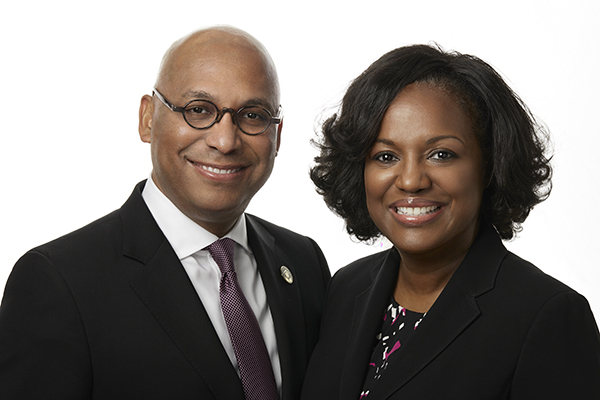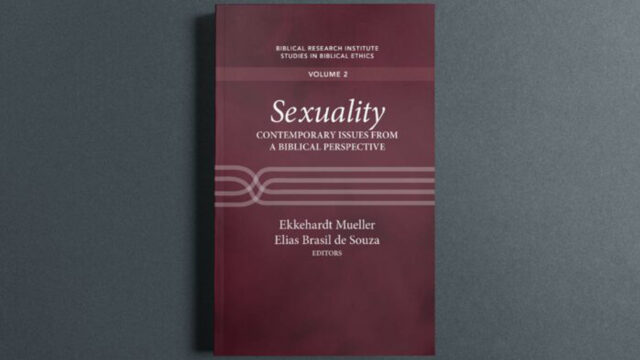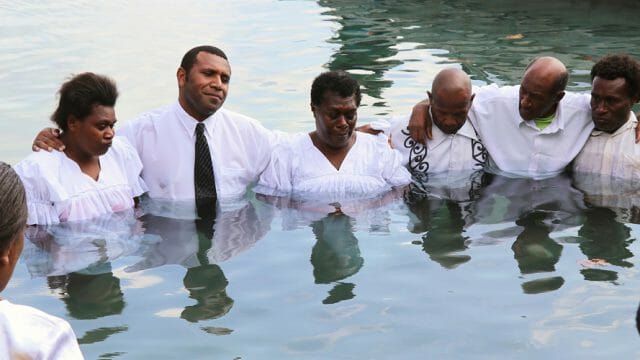Should I get premarital counseling before getting engaged? One of my grad school friends recently shared with me that she went to a […]

Should I get premarital counseling before getting engaged? One of my grad school friends recently shared with me that she went to a relationship workshop on campus where the psychologist who was the presenter encouraged what she termed as preengagement counseling. Is this really necessary? What would be the benefits? Isn’t premarital counseling after getting engaged just as effective?
Your college friend disclosed excellent information that can potentially save your life and future marriage, should you decide to take this step. We wholeheartedly endorse such an option.
While preengagment counseling/education may appear to be a premature decision to some, preengagement counseling/education can be the difference between marrying a stranger and marrying someone you know quite well. How so, you may ask, especially if you were planning on having premarital counseling after getting engaged to be married?
Based on our experience of counseling scores of premarital couples around the world, we can share that couples who go through a process of preengagement counseling/education tend to give more careful attention to the content of the sessions than couples who’ve already gotten engaged and have a wedding date on the calendar.
Couples who are already engaged when they begin premarital counseling are more likely to disregard red flags that may emerge in the sessions because they have already put down a deposit on a wedding reception hall and don’t want to lose that money. Another reality is that engaged couples may have already hosted an engagement party attended by many of their friends who already committed to participating in their wedding party. This makes for a situation that is difficult to back out of because it may be too embarrassing.
So instead of processing the sessions with the objectivity needed to make the best informed decision about a potential marriage partner, engaged couples are more likely to push forward with marriage plans, when compared with peers who have not yet committed to marry. The reality of having invested much time, effort, and resources often makes it difficult for people who are already engaged to back out of a potentially disastrous marriage.
Couples who have known each other for a reasonable amount of time are fond of each other and consider each other potential marriage partners, do well to consider preengagement counseling/education. Engaging in a rigorous and objective process of preengagement counseling/education with a reputable professional facilitator before making a full commitment to getting married will give couples the option of working on improving their relationship growth areas without the pressure of an impending wedding date. Of course, should the preengagment/education process reveal a level of incompatibility difficult to overcome, such couples are still in time to exit the relationship without too many complications.
Preengagement counseling/education is like opening the drawers of a cabinet you are thinking about purchasing to ensure that everything is in good working order. You do well to know what is in each of the drawers before purchasing the cabinet and taking it home. Examining each drawer carefully before taking the cabinet home with you will help you avoid costly and harmful surprises. It is infinitely better to avoid a dangerous situation before committing to it, than finding out after you have already made the commitment.
Whenever in doubt, remember the counsel of James 1:5, which says: “If any of you lacks wisdom, let him ask God, who gives generously to all without reproach, and it will be given him” (ESV).*
* Scripture quotations marked ESV are from The Holy Bible, English Standard Version, copyright © 2001 by Crossway Bibles, a division of Good News Publishers. Used by permission. All rights reserved.








